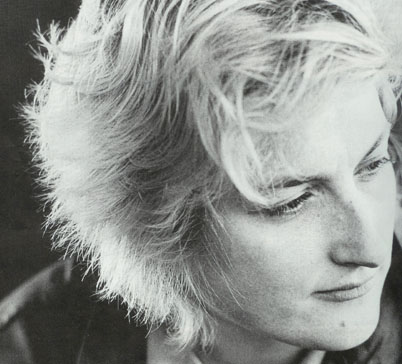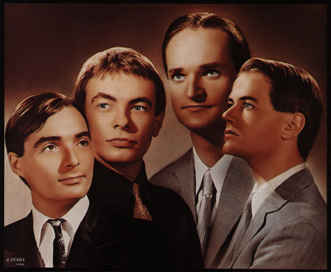
By Rebecca Cusey, Religion News Service
NEW YORK
"C.S. Lewis' Chronicles of Narnia book series is so revered by Christian readers that adapting the books into film becomes a delicate tightrope. Changes risk alienating fans, but what works in the books doesn't always translate well to the big screen"
....
"'The underlying messages are so important, and so vital to the story," says Douglas Gresham, Lewis' stepson and co-producer of the new film.
"Which are the return to faith, truth, justice, honesty, honor, glory, personal commitment, personal responsibility. Also the message (that) no matter how far away we stray, there's only one way back."'
....
'"When you talk about seeing, I think it's more believing," he said. "You believe, and then you see. Aslan represents God. People say, 'If God's there, why can't I see him?' Well, because you're not believing."'
.........................................................
from a wikipedia article on "Literary nonsense:"
"The sentence "Colorless green ideas sleep furiously" was coined by Noam Chomsky as an example of nonsense. The individual words make sense, and are arranged according to proper grammar, yet the result is still nonsense. The inspiration for this attempt at creating verbal nonsense came from the idea of contradiction and irrelevant or immaterial characteristics (an idea may have a dimension of color, yet it is first specified to be without hue), both of which would be sure to make a phrase meaningless. The phrase "the square root of Tuesday" operates on the latter principle. This principle is behind the inscrutability of the koan "What is the sound of one hand clapping?", as one hand would supposedly require another hand to complete the definition of clapping.
Still, the human will to find meaning is strong; green ideas might be ideas associated with a Green party in politics, and colorless green ideas criticises some of them as uninspiring. For some, the human impulse to find meaning in what is actually random or nonsensical is what makes people find luck in coincidence, or believe in omens and divination." [emphasis mine]






